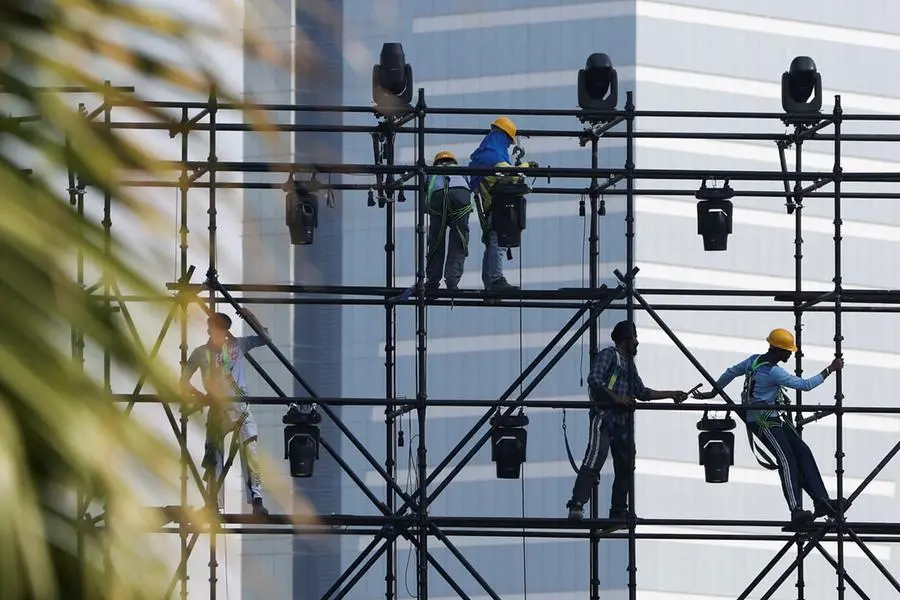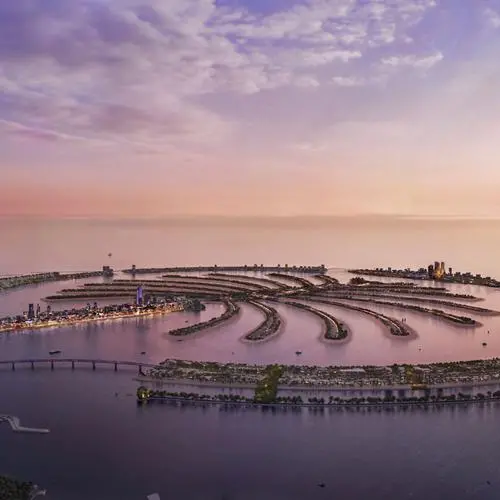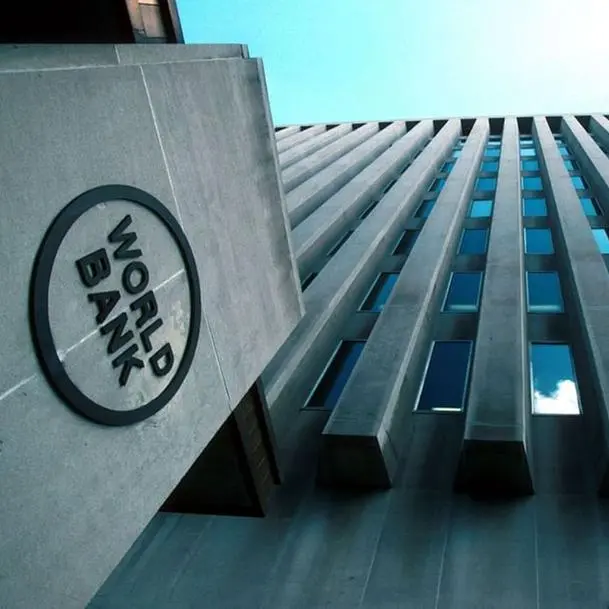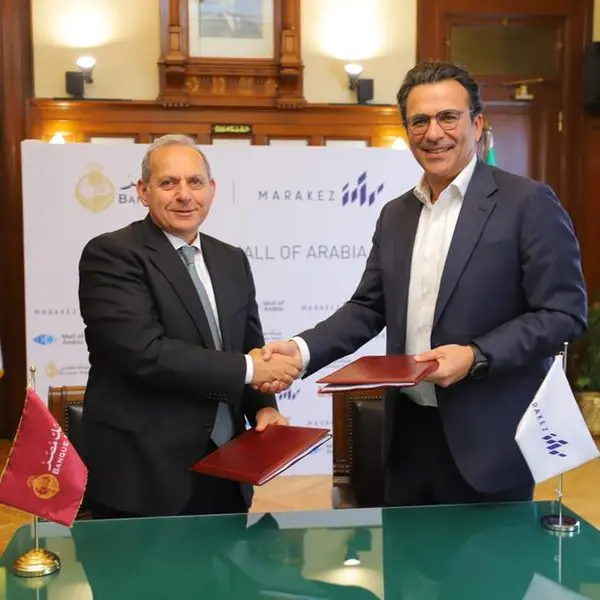PHOTO
The Middle East and Africa (MEA) construction sector is riding high, with Saudi Arabia leading the charge, according to the latest RICS Global Construction Monitor. The region's Construction Activity Index (CAI) soared to +24 percent for the second quarter of 2024, marking its 14th consecutive quarter of growth despite a slight dip from +26 percent in the first quarter, the Q2 2024 RICS Global Construction Monitor stated.
Saudi Arabia solidified its position as a regional and global construction powerhouse, boasting a CAI of +64. While this represents a slight dip from the previous quarter's 72 percent, the Kingdom’s construction industry remains a global leader.
The UAE followed closely with a CAI of +54 percent, demonstrating robust growth across residential (+58), commercial (+38), and public sector (+59) projects
Oman also reported positive growth, while Bahrain (-8 percent) and Qatar (-28 percent) faced challenges. Qatar, in particular, saw a continued decline in construction activity post the FIFA World Cup.
Africa also showed upbeat CAI readings, with Nigeria and South Africa reporting improved conditions.
Constraints and costs
Despite the overall optimism, the sector grapples with financial constraints, rising material costs, and a shortage of skilled professionals. In the second quarter, 80 of the respondents cited financial constraints as biggest impediment to activity with cost of materials a close second at 77 percent.
A Saudi respondent noted that the huge amount of workload in the Kingdom is affecting everyone’s ability to deliver and is driving up cost. Another survey participated observed that uptake by international investors in providing finance for investment in mega projects has been slow.
Some UAE respondents noted that competition for talent with Saudi Arabia has pushed up costs.
“The boom in Saudi is continuing to draw resources away from UAE,” an Abu Dhabi-based respondent was cited as saying while a Dubai respondent complained that shortages of skilled engineers are affecting the quality of the construction.
While challenges persist, industry players are optimistic about the future, with 12-month expectations for both workload and profit margins showing significant improvement across sectors.
The most pronounced acceleration in growth is anticipated across the private residential sector, which posted a reading of +32 percent for the 12 months compared to the current workload reading of +12 percent. However, the infrastructure sector remains the strongest performer, both in terms of current (+38 percent net balance) and 12-month workload indicators.
Whilst the profit margins metric is currently in the negative zone (-4 percent net balance) in the MEA region, the 12 -month expectations for profits are substantially more upbeat, returning a net balance of +22 percent.
Respondents cited an expansion in new business enquiries during the second quarter, with the net balance rising to +20 percent from +15 percent in the first quarter. Saudi Arabia (+69 percent), the UAE (+54 percent), and South Africa (+16 percent) posted strong trends in the second quarter.
RICS Chief Economist Simon Rubinsohn highlighted the global construction landscape pointing to strong growth in India, parts of the Middle East such as Saudi Arabia and the UAE compared to other regions.
“By way of contrast, there appears to be little evidence of any turnaround in China and Hong Kong while Qatar still seems to be suffering a post-World Cup hangover,” he said. “There are some early signs of encouragement regarding a tentative recovery in Europe while the feedback from North America remains solid.”
He said financial concerns weigh heavily on many construction businesses amid the global economy's struggles, while skills shortages have emerged as a critical challenge.
“...Significantly, it is the issue of skills that continue to be cited as a key challenge for the industry as it seeks to address some of the critical issues including the shortfall in housing across much of the globe and the need to upgrade infrastructure to meet the challenges of climate change,” he concluded.
(Editing by Anoop Menon) (anoop.menon@lseg.com)
Subscribe to our Projects' PULSE newsletter that brings you trustworthy news, updates and insights on project activities, developments, and partnerships across sectors in the Middle East and Africa.





















